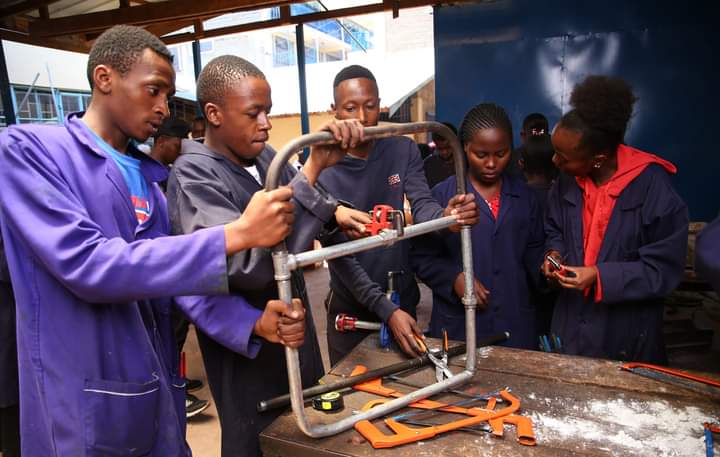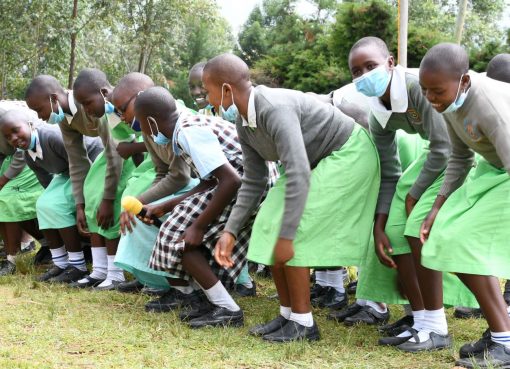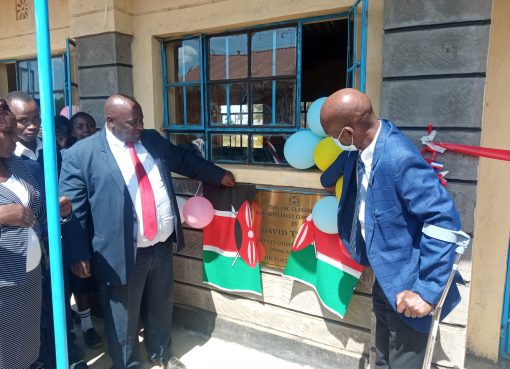The recent cabinet’s decision to elevate Michuki Technical Training Institute into a National Polytechnic has been received with jubilation from the residents of Kangema sub-county.
Located at the heart of Murang’a County in Kangema constituency, area residents now say the move will not only transform the local education sector but also their socio-economic status.
The recent approval to upgrade Michuki Technical Training Institute and 4 others into national polytechnics effectively raises the number of the current national polytechnics in the country from 23 to 28.
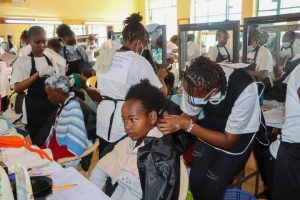
Consequently, Friday was beehive of activity as the local community thronged the institute to celebrate the news of the upgrade that had ripped through the lush green tea and coffee plantation like a bush fire.
One of the residents, an octogenarian, John Mwangi Njoka, has seen the institute grow from a youth training centre back in 1956 and has since provided quality technical, industrial, vocational, and entrepreneurship training.
As a community, we laud the government’s decision to upgrade this institute to become a global leader in vocational training for both local students and beyond the boundaries.
Through this institute, the economic stay and social status of the Kangema community has over the years received a major boost for simply playing host to the college population.
Better still, the elevation to national status will further increase student enrolment, which will ultimately pull more investors into the locality in a bid to construct extra houses for accommodation, added Njoka.
The octogenarian specifically thanked Kangema MP Peter Kihungi for his passionate support towards education and relentless efforts to oversee this milestone.
“I urge more investors to leverage this upgrade, because even the upcoming ultra-modern karugia market, which is just a few kilometres from the institute, will definitely flourish economically and contribute to the country’s GDP growth.
On his part, the MP noted that the elevation will expand the programmes offered in the institute, enhance research capabilities, create employment, and benefit all the vocational training institutes in the county.
“After over six decades of offering vocational, technical, and industrial training, the Michuki National Polytechnic will now also benefit other institutions around the county as they will share the facilities at the mega institute, which will also offer the courses that the latter do not have,” he noted.
Kihungi further pledged to support the institution, as acquiring a national status will require significant investments in infrastructure and faculty development to meet the evolving skills demands.
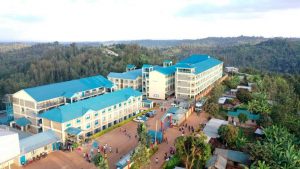
The institute Chief Principal Ann Mbogo, on her part, noted that the facility, which has more than 5300 trainees, will henceforth be a qualification-awarding institution that will address skill gaps in the community and the needs therein and develop curriculums that will address them.
“We are excited by this elevation, and we pledge to work with the community to give lifelong learning to those who have skills through informal learning but do not have the required certificates.
We will assess them and retrain if need be and also certify them so that they can go and participate in building the economy locally and globally,” she added.
Mbogo noted that the polytechnic will be the centre of a cluster model and will have a new mandate in the TVET sector.
“We will now have the TVET blueprint that gives the national polytechnic the responsibility to mentor all the other TVET institutions in the county, and our school will also be a qualification-awarding institution, mandated to develop the requisite curriculum, award, and certify,” she added.
At the moment, the institution boasts of a variety of departments, including electrical engineering, mechanical engineering, and applied sciences, among others, and is an exam centre for KNEC, NITA, CDACC, and KASNEB.
At the applied sciences, food science, and technology department, we find the head of the section, Daniel Mwangi, in a highly equipped lab, complete with state-of-the-art machines used for yoghurt production and water treatment.
“We process 1000 litres per day, which we buy from the farmers around at Sh53 per litre, and with the much-cherished elevation, we are certain the demand for our yoghurt will go a notch higher, and this will certainly translate into more income for the area people,” he noted.
Meanwhile, the national framework requires that at least one national polytechnic be established in each county, with one TVET institution in every constituency.
By Florence Kinyua


